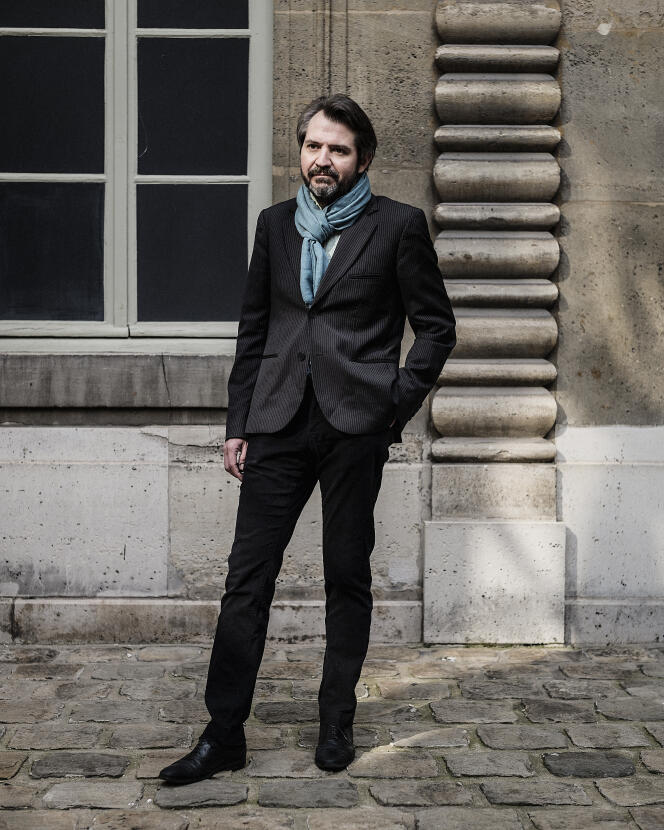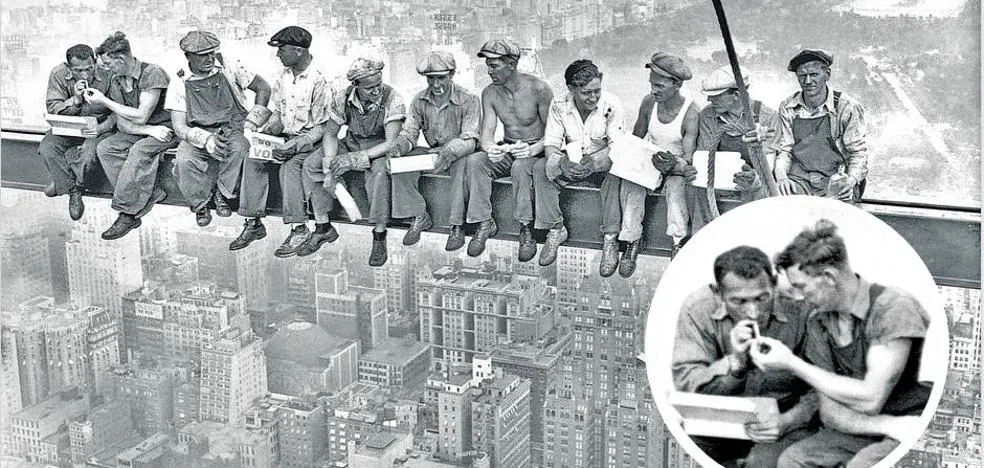
“During the first decades of the XIXe century, the way we look at history has undergone a profound change ”, announces Yann Potin, historian and archivist from the Ecole des chartes. In the aftermath of the French Revolution, the archives, until then dispersed in the institutions of the kingdom, are centralized. They will constitute a field of investigation of immense diversity. “From now on, law and history are no longer part of an immutable monarchical continuity, he comments. Michelet, among the first, grasped its originality and interest. “
Appointed in 1830 by François Guizot, head of the historical section of the Kingdom’s Archives, he draws information and inspiration from this melting pot in order to restore the facts and their context. The original documents, abundant as well as incomplete, are so many clues to detect the scansions of history. “By exploring, like an archaeologist, the mass of archives in their materiality and volume, Michelet deduces, analyzes, interprets. Thus appears to him the capital importance of the reign of Philippe le Bel in the Middle Ages and the decisive turning point that the king imprints on the construction of the State ”, arguments Yann Potin. The archives will be for the historian the reservoir and the breeding ground of a learned imagination, endowed with a power of revelation in the ” resurrection of the life of the past ”.
“Scientific laboratory”
At a time when an awareness of heritage is emerging in French society, Michelet apprehends the Archives as the ruined monuments of a vanished world and, from 1831, bypasses the ban imposed by the administration on the publication of charters. and original archival material. “In fact, Michelet sees history as both a public service and a scientific laboratory”, sums up Yann Potin, who highlights the historian’s innovative methods. With this in mind, it will promote the recruitment of young experts in the criticism of charters at the Archives, experts who are not yet called “researchers”.
Drawing from the archives the flesh and the unspoken of the past, Michelet will rely on his intuition to consider the new notion of a total history. By a startling short cut from his sources to his immediate writing of history, he tends to reveal the partly unconscious structures of society and combines his narrative virtuosity with his critical method. We can detect in his career as an archivist – from 1830 to 1852 – the full maturity of the historian, the writer, the philosopher, but also of a tireless researcher.
Find the collection “History of France: the masterpiece of Jules Michelet” published by “Le Monde” on the site dedicated to it: www.collection-michelet.fr
–


